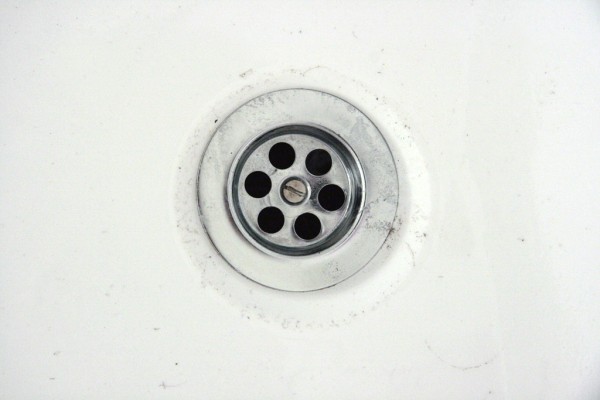Use a plunger device that fits your sink
A plunger is practically useless if it is either too small or too large for your sink. To work effectively and suck in water, trapped air and food, it needs to be the right size to apply the right level of pressure to ‘force’ a pipe to become unblocked. Sometimes, the pressure can cause a pipe to burst, so don’t forget to find a container to place underneath your sink if your pipe begins to leak.
If it is not 100 percent blocked, wait until the water has drained before adding boiling water
If there is still some drainage, wait until the water has disappeared, making sure to leave enough time for the water to drain through the pipe. Add boiling water and continue to do so until the sink becomes blocked again. Be careful not to allow any more fat or oil into the sink, as this will only add to the blockage.
Hot water may fix less serious blockages
The intensity of hot water can often undo or weaken a blockage by helping to liquidize some of the fat or other food contents, although this may not work if the blockage is particularly prominent.
Use drain cleaning products
Natural drain cleaners typically include baking soda, which can be mixed with boiling water and does not include any harsh chemicals. When hot water alone has failed, use 1 cup of baking soda with 2 cups of boiling water, increasing the volume if this amount doesn’t work. Baking soda is often used to remove pollutants from many household items like sofas and carpets.
You can also combine products
You can also use different product combinations by mixing baking soda with vinegar or salt, repeating the process until the sink is blocked.
Do you have any spare metal wire hangers?
You can easily unbend a spare wire hanger and position it into the pipe until you find the blockage to break it apart. However, this may not work if the blockage is too deep within the pipe.
Do you need a stronger cleaning product?
Supermarkets and many other retail outlets also sell a wide range of chemical drain cleaners that contain powerful ingredients designed to remove fat and oil, although it is important to note that baking soda is a much more cost effective option, unless your blockage is severe.
Remember, if all else fails, contact a reputable plumber
When DIY plumbing fails to resolve a problem, and you haven’t been able to find a cleaning product that has fixed the blockage, the only solution is to contact a plumber.
A plumber can take on the complicated tasks for you
Often, when a blockage is too severe to be resolved by plumbing devices or cleaning products, the pipe will need to be unscrewed in order for the food deposits to be removed.
Fortunately, good plumbers have years of experience in solving a wide variety of drainage issues and will have the skills and resources to alleviate the problem quickly and inexpensively.
Fraser Ruthven is a keen blogger and a key management figure London Drainage Facilities, so he knows a thing or two about unblocking drainage systems, whether on a domestic or large commercial scale.
